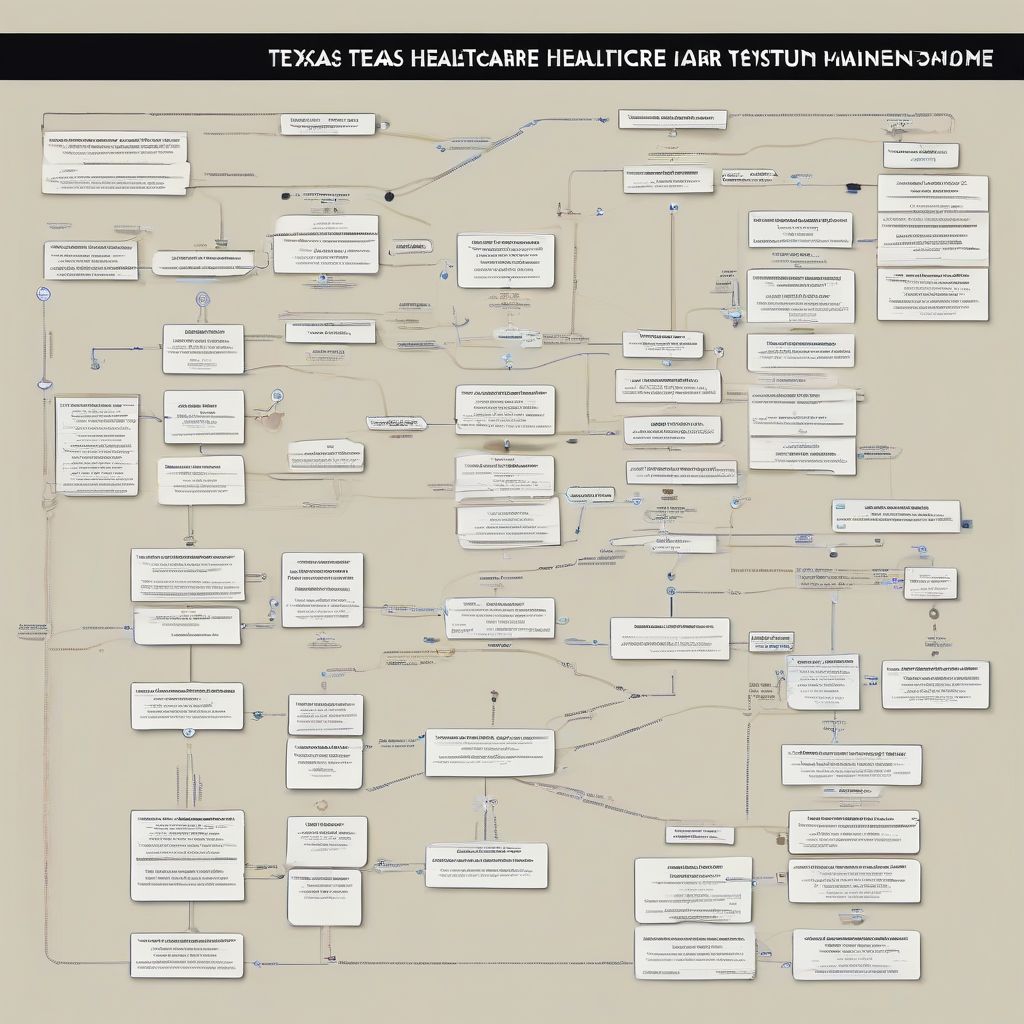Streamlining Healthcare: Your Guide to Healthcare Document Management
In today’s digital age, the healthcare industry is inundated with a constant flow of paperwork. From patient records to insurance claims and regulatory forms, managing this mountain of documentation can be a daunting task. This is where dungcutuve.net/healthcare-document-management/">Healthcare Document Management comes into play, offering a streamlined approach to handling these crucial documents.
What is Healthcare Document Management?
Healthcare document management encompasses the processes, strategies, and technologies used to capture, store, retrieve, and secure healthcare documentation. It’s about moving away from cluttered file cabinets and embracing digital solutions that improve efficiency, reduce errors, and enhance patient care.
Common Questions about Healthcare Document Management
Navigating the world of healthcare document management can raise many questions for healthcare providers and administrators. Let’s explore some common queries:
1. What are the benefits of implementing a document management system in healthcare?
- Enhanced Security: Protect sensitive patient information with robust access controls and encryption.
- Increased Efficiency: Say goodbye to time wasted searching for paper files. Digital systems allow for quick and easy retrieval.
- Improved Collaboration: Share information seamlessly among authorized healthcare professionals, improving care coordination.
- Reduced Costs: Minimize storage space and printing costs while boosting administrative efficiency.
- Better Compliance: Maintain accurate records and meet regulatory requirements effortlessly.
2. What types of documents can be managed with a healthcare document management system?
Virtually any document used in a healthcare setting can be managed electronically, including:
- Patient Records: Medical histories, lab results, treatment plans, and more.
- Insurance Claims: Submit and track claims electronically for faster processing.
- Regulatory Forms: Manage compliance documents with ease.
- Human Resources Documents: Streamline employee onboarding and record keeping.
- Financial Records: Manage invoices, payments, and other financial documentation.
3. What should I look for when choosing a healthcare document management solution?
Selecting the right system is crucial. Consider factors such as:
- Security Features: Ensure the system complies with HIPAA regulations and offers robust security measures.
- Integration Capabilities: Seamless integration with existing EHR or practice management software is essential.
- User-Friendliness: An intuitive system will encourage adoption and efficient use.
- Scalability: Choose a solution that can grow with your practice or organization.
Best Practices for Healthcare Document Management
- Establish Clear Policies and Procedures: Define roles and responsibilities for document handling, access, and retention.
- Provide Comprehensive Training: Ensure all staff members are well-versed in the use of the document management system.
- Regularly Review and Update: Stay current with industry best practices and regulatory changes.
- Prioritize Security: Implement robust security measures to safeguard patient information.
- Embrace a Culture of Paperless Efficiency: Encourage the use of digital forms and electronic signatures.
Conclusion
Effective healthcare document management is no longer optional – it’s essential. By embracing digital solutions and best practices, healthcare providers can enhance patient care, improve operational efficiency, and ensure compliance in an increasingly complex regulatory landscape. We encourage you to explore the resources available on our website to learn more about how our solutions can support your healthcare document management needs.

